

- Solutions
- Technology
- Company
- Resource Center


Autonomous shipping is a visionary concept that is well underway in today’s oceans. Orca AI is leading the transition to partial autonomous commercial shipping, which is based on robust human-machine collaboration, and plays a pivotal role in promoting safety, reducing crew workloads and improving fuel efficiency.
Autonomous shipping reduces crew workloads, allowing ships to travel the seas with smaller, highly dedicated crews. AI navigation systems also reduce collision risk, detect hazards and enhance crew life safety.
AI navigation systems reduce collision risk, provide timely alerts for the crew regarding high-risk hazards, and enhance the safety of the crew, the cargo, and the vessel.
Responding to changes with perfect timing and precision, autonomous shipping systems can reduce and accelerate ship speed and locate optimal courses with fewer ‘last minute maneuvers. The result is a more sustainable and fuel-efficient journey.

Throughout history, the human lookout has been responsible for assessing navigational risk. Orca AI’s advanced computer vision and AI-based watchkeeper far surpass traditional human lookout in terms of detection, classification, and real-time prioritization. It is the first AI-driven type-approved product of its kind.
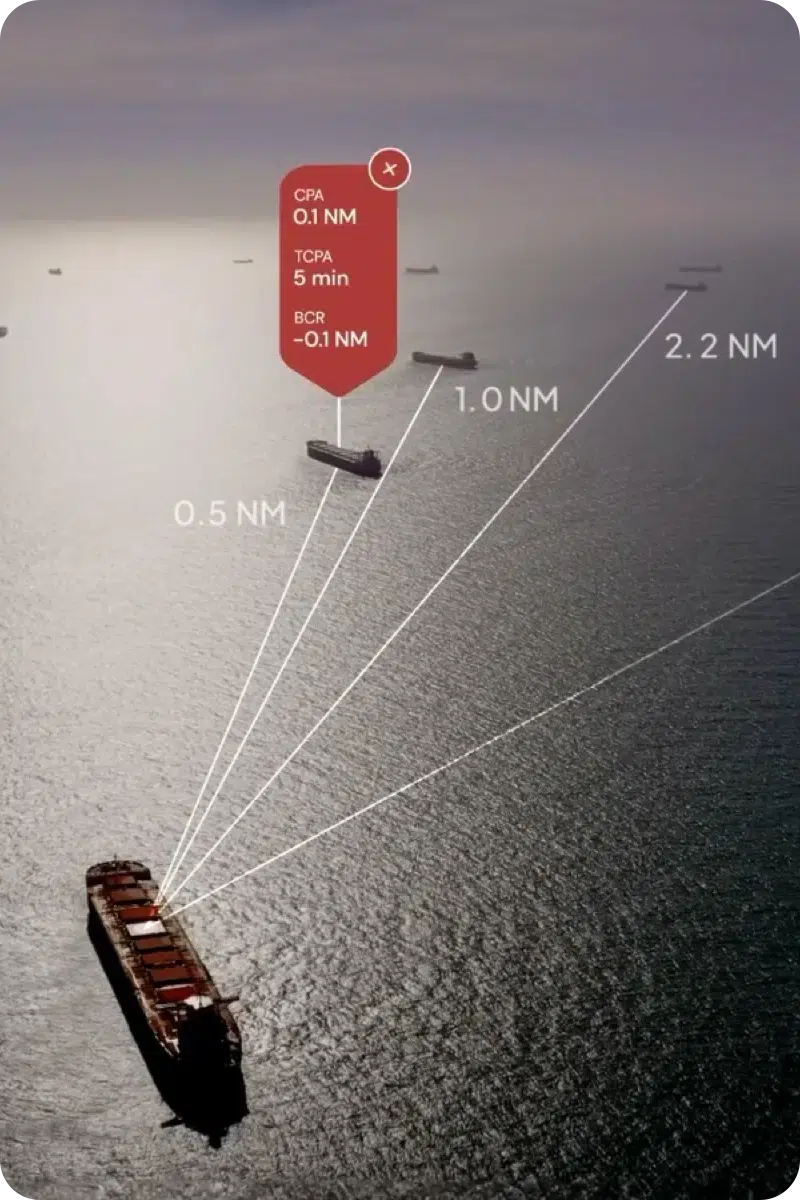
Data integration is key for optimal situation awareness, compensating for the limitations of individual sensors. Orca AI’s AI-based sensor fusion technology offers a comprehensive view of the environment, particularly in target-rich scenarios, surpassing human capabilities that may struggle to manage multiple targets simultaneously.

60 million nautical miles collected over the years are at the core of the world’s most comprehensive marine dataset created by Orca AI.
How does it work:

Typically 95% of vessel voyages are conducted in open seas, where traffic is light. As part of Orca AI’s vision towards autonomous navigation, this use case will be the most impactful to maintaining the safety of navigation, with no additional regulatory approval required. For additional control and safety, Orca AI integrated into the voyage planning system streams real-time data from ship to shore, including video, navigation sensor data and alarms.
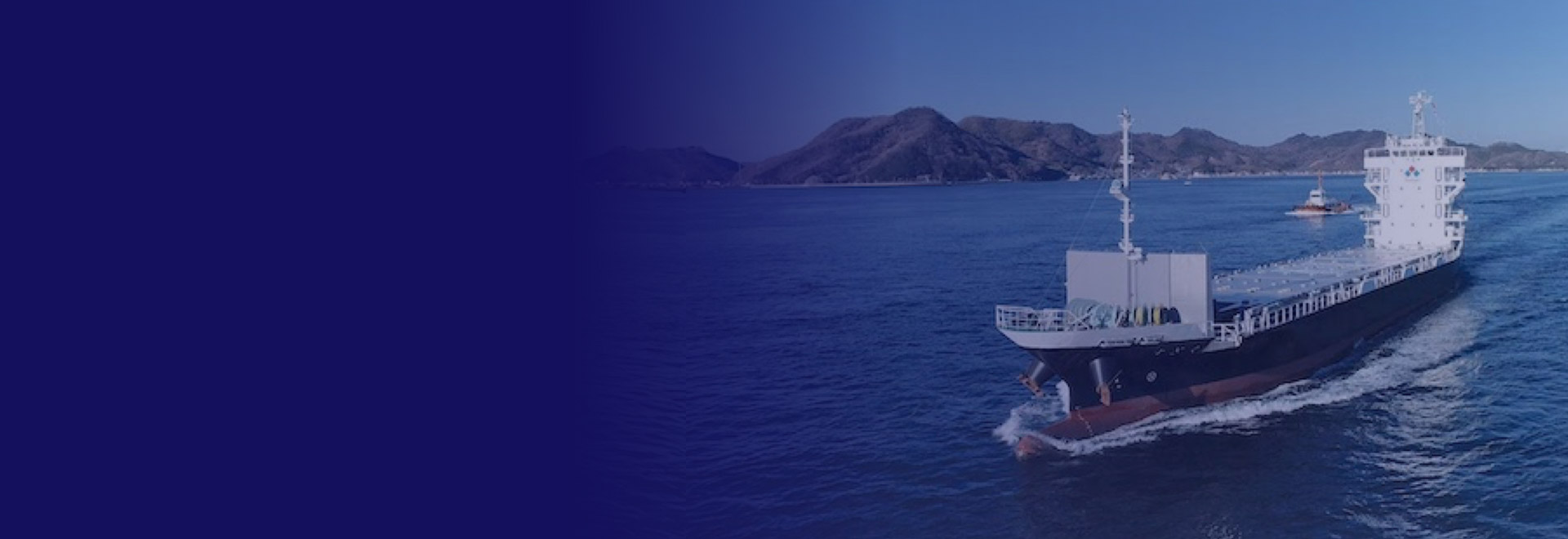
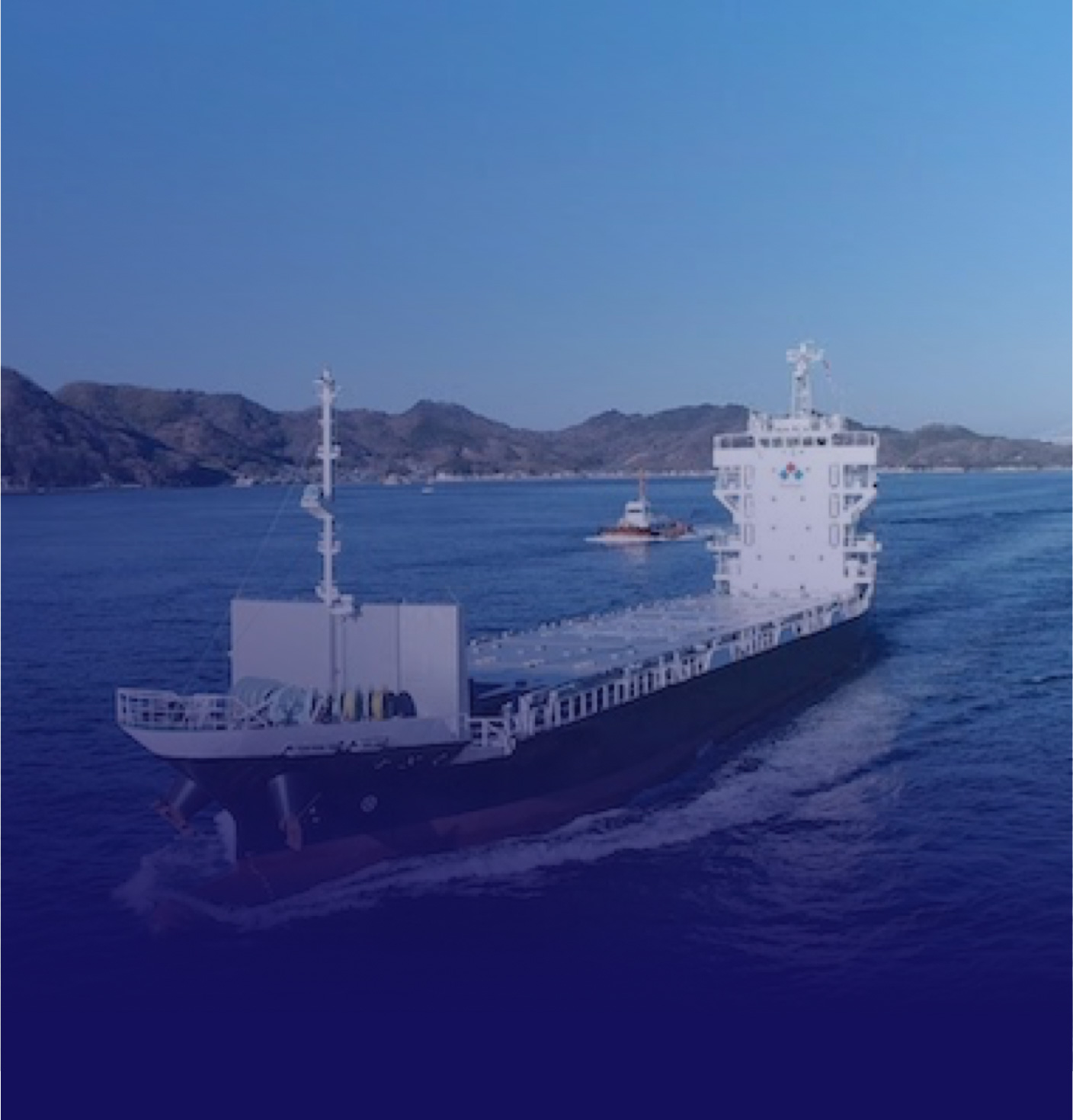


The world’s first autonomous commercial ship voyage in congested waters, powered by Orca AI, in partnership with the Designing the Future of Full Autonomous Ships (DFFAS) and The Nippon Foundation, was successfully completed in early 2022, with full autonomy activated 99% throughout the journey’s 40 navigation hours.
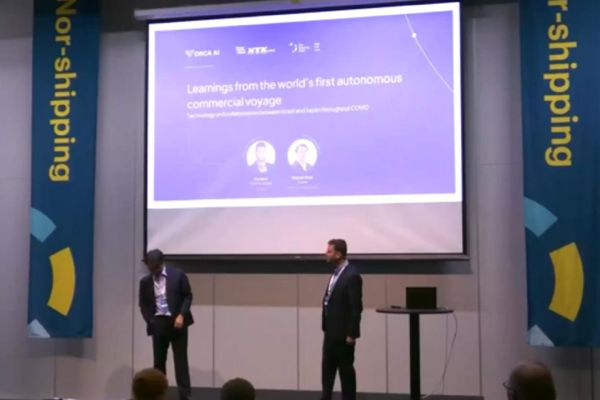
June 15, 2023
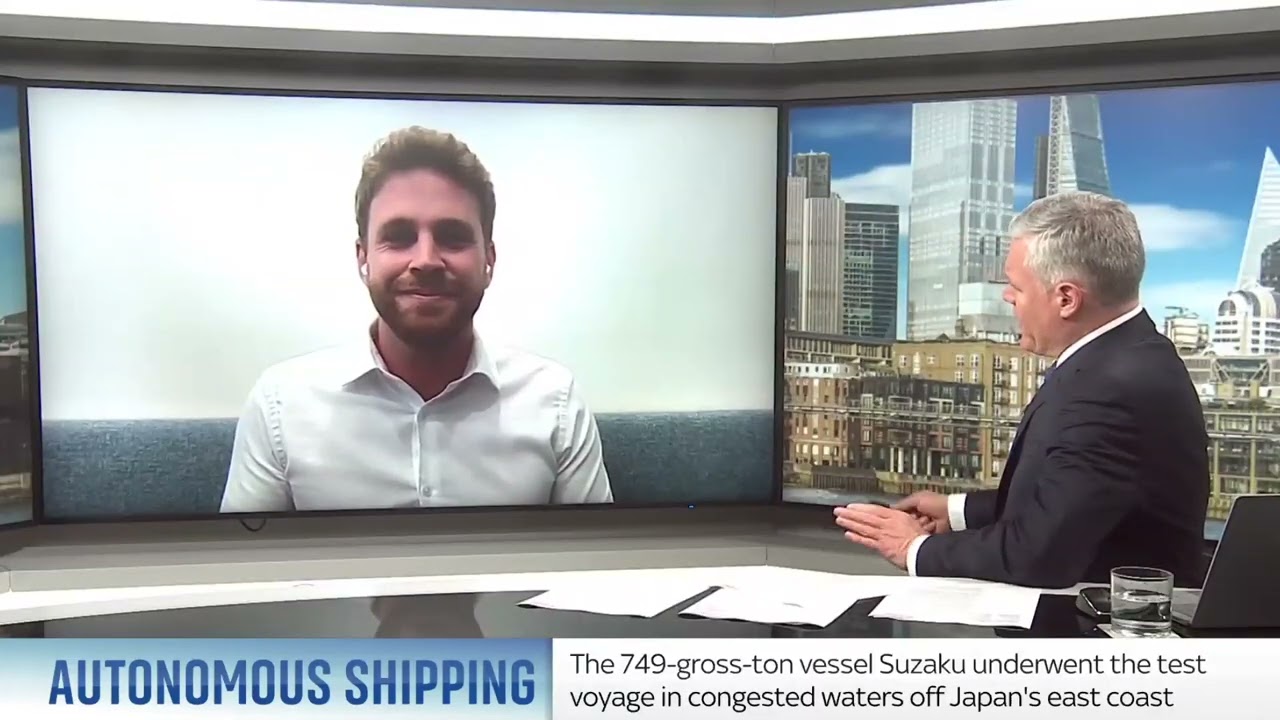
May 18, 2022

May 12, 2022